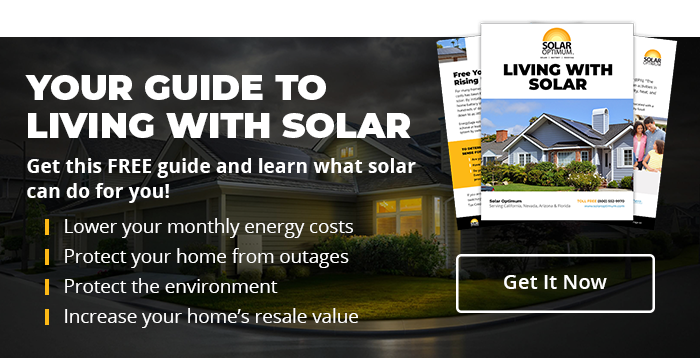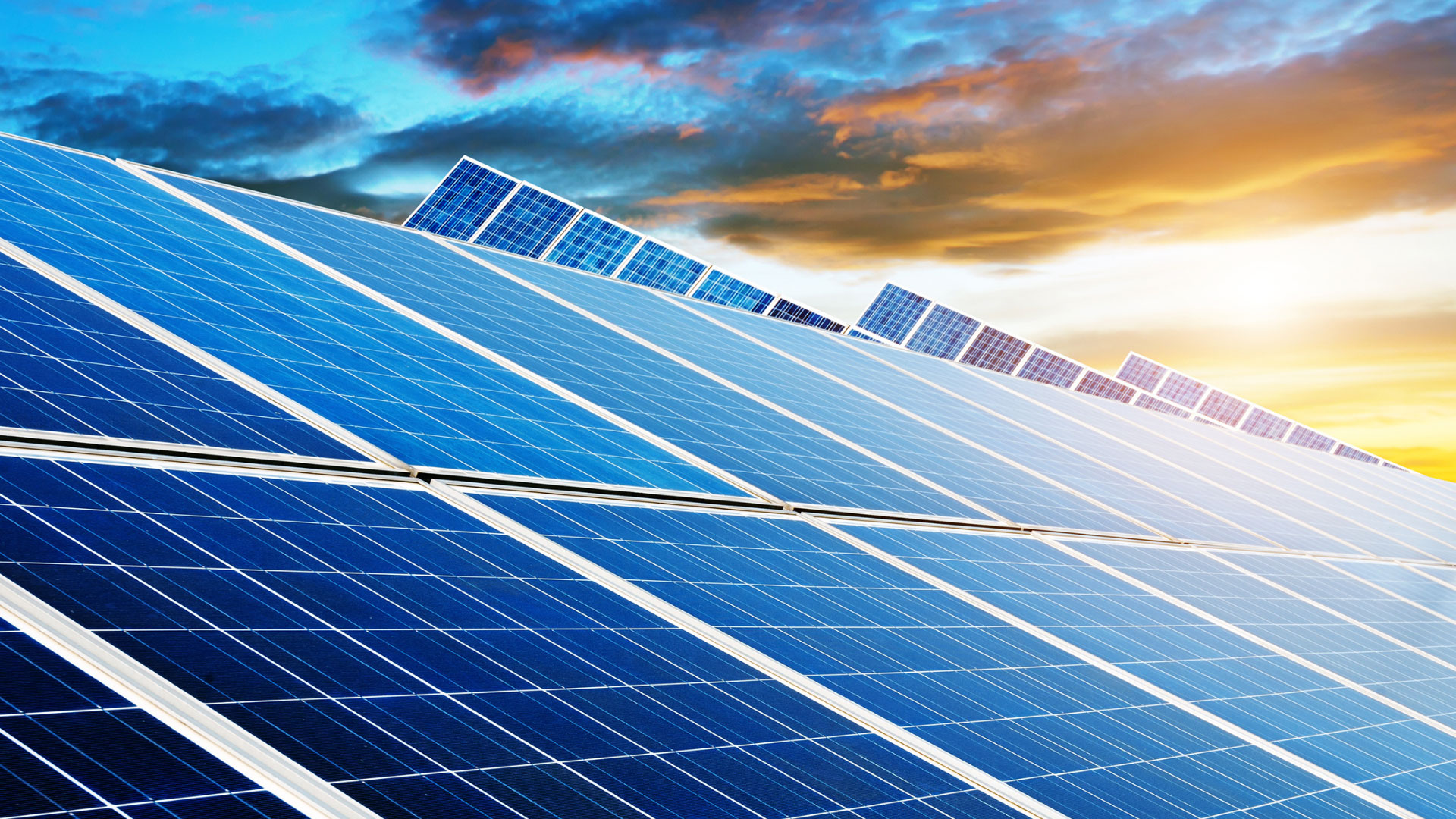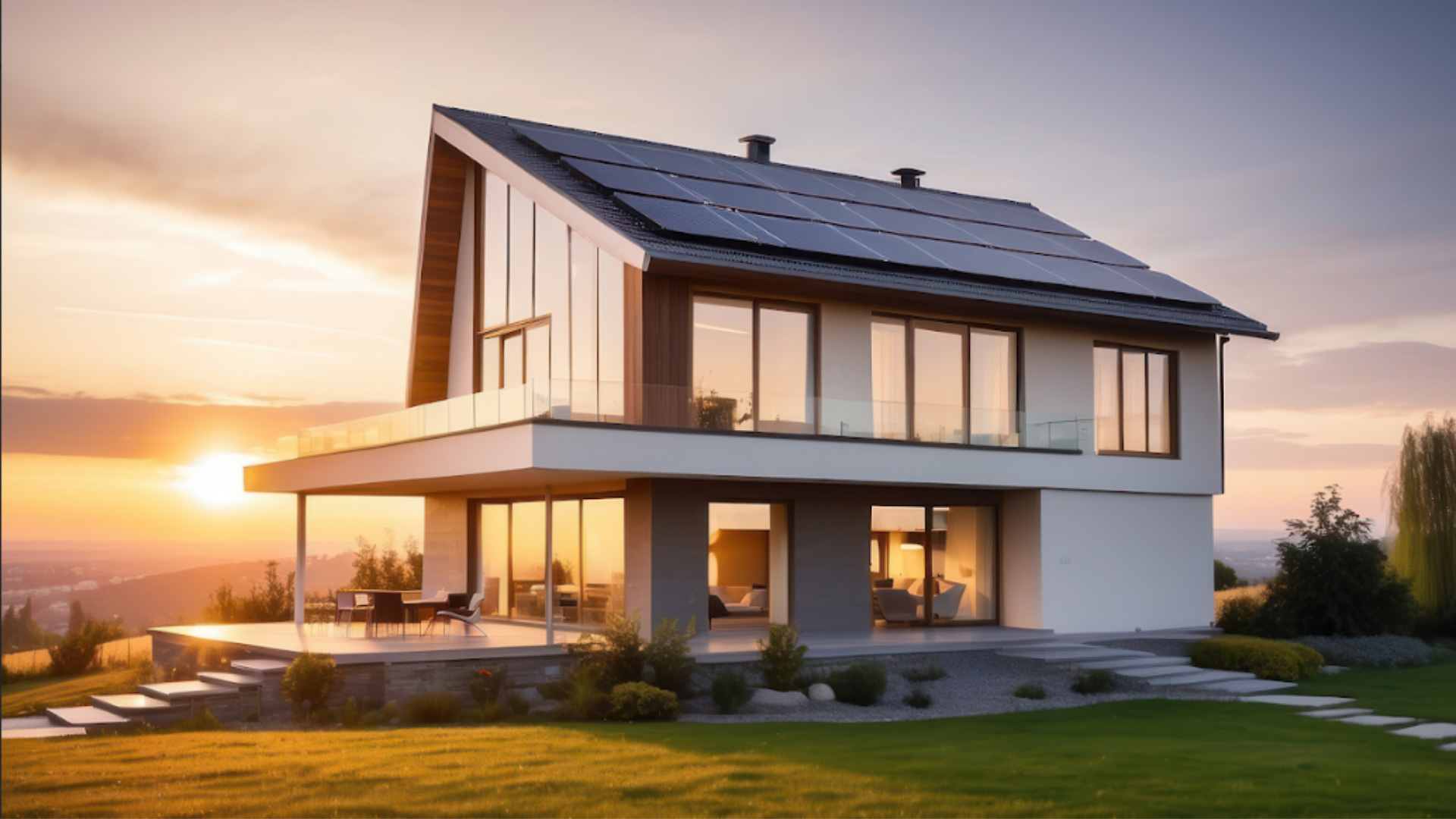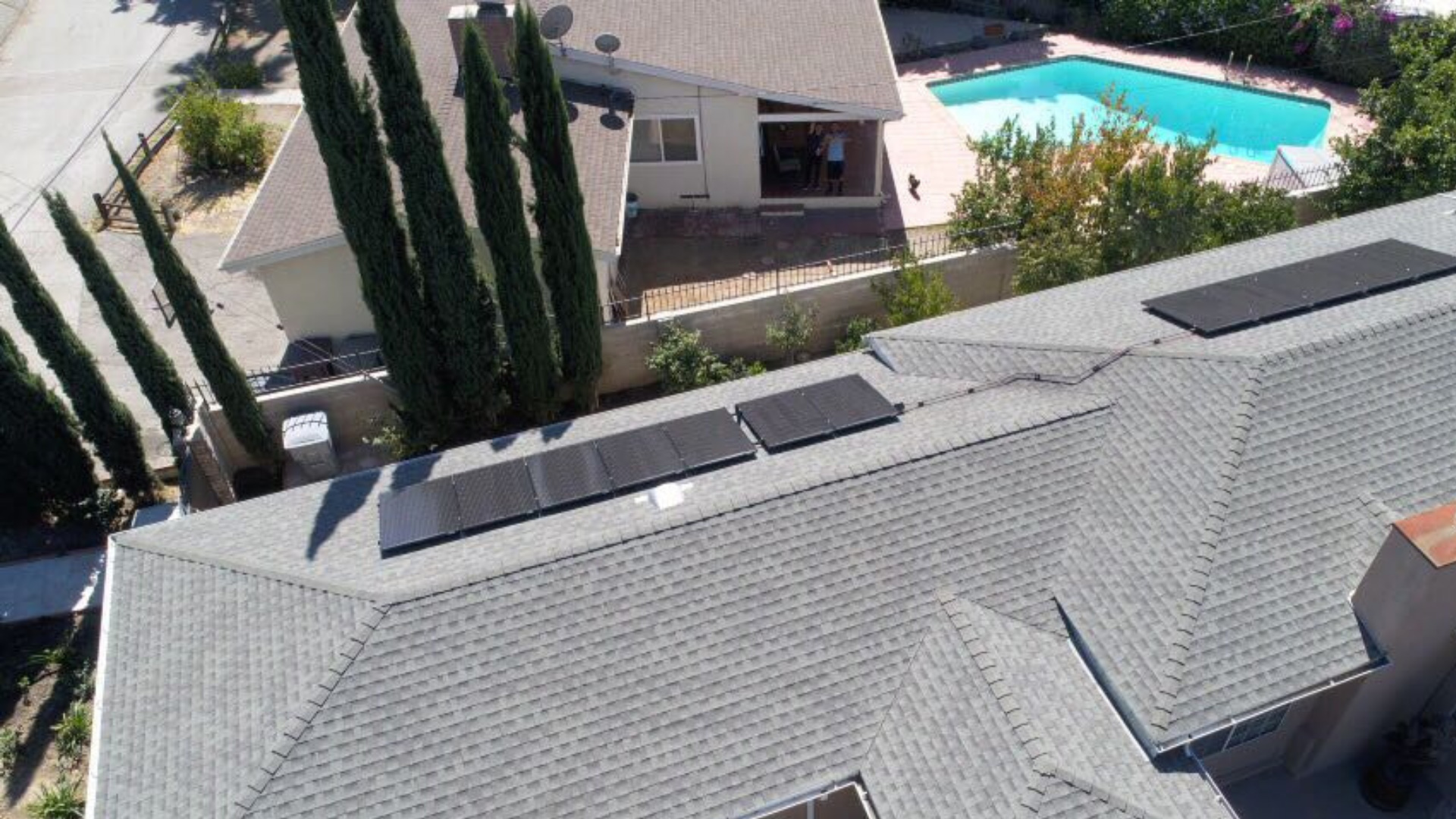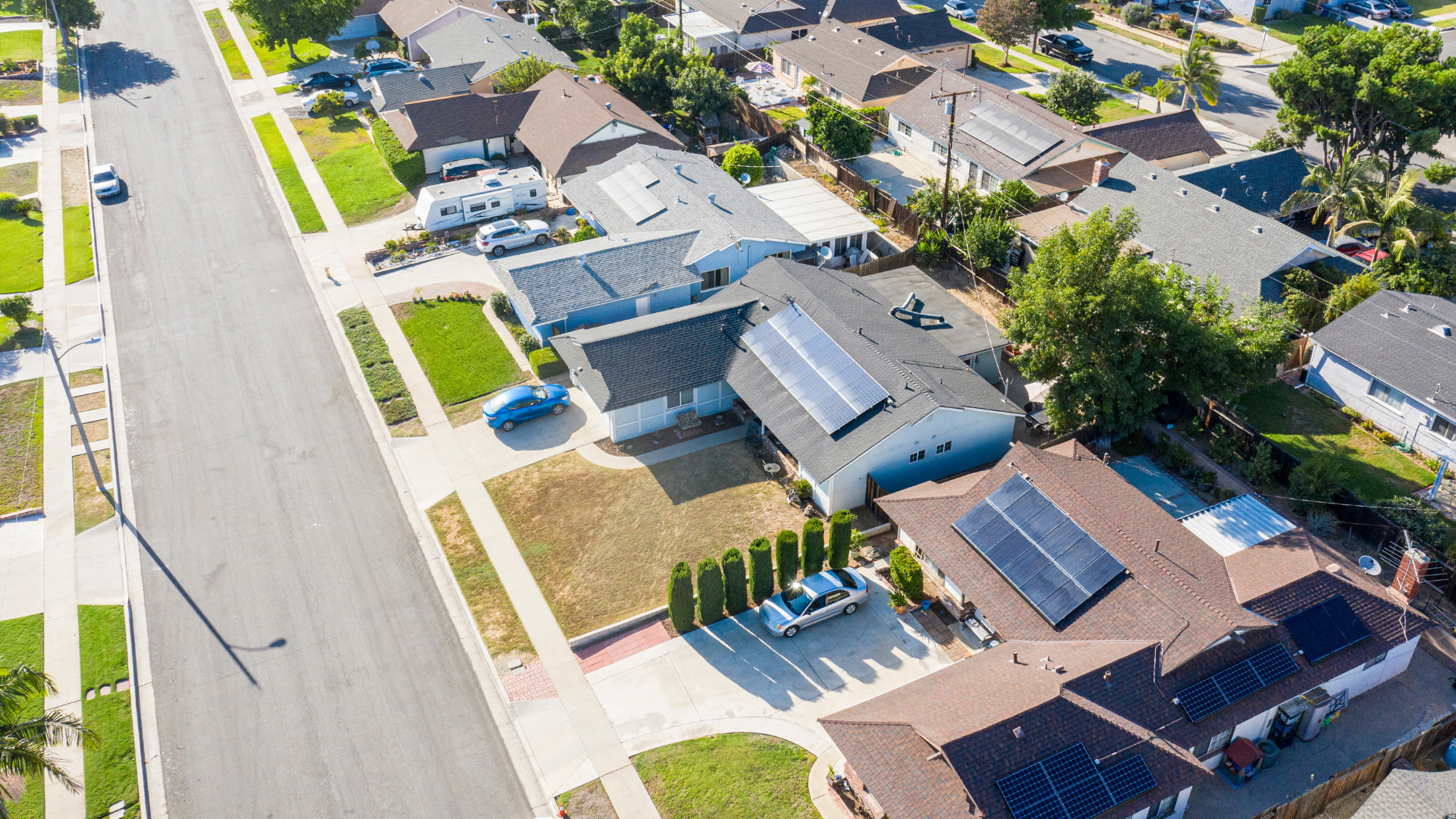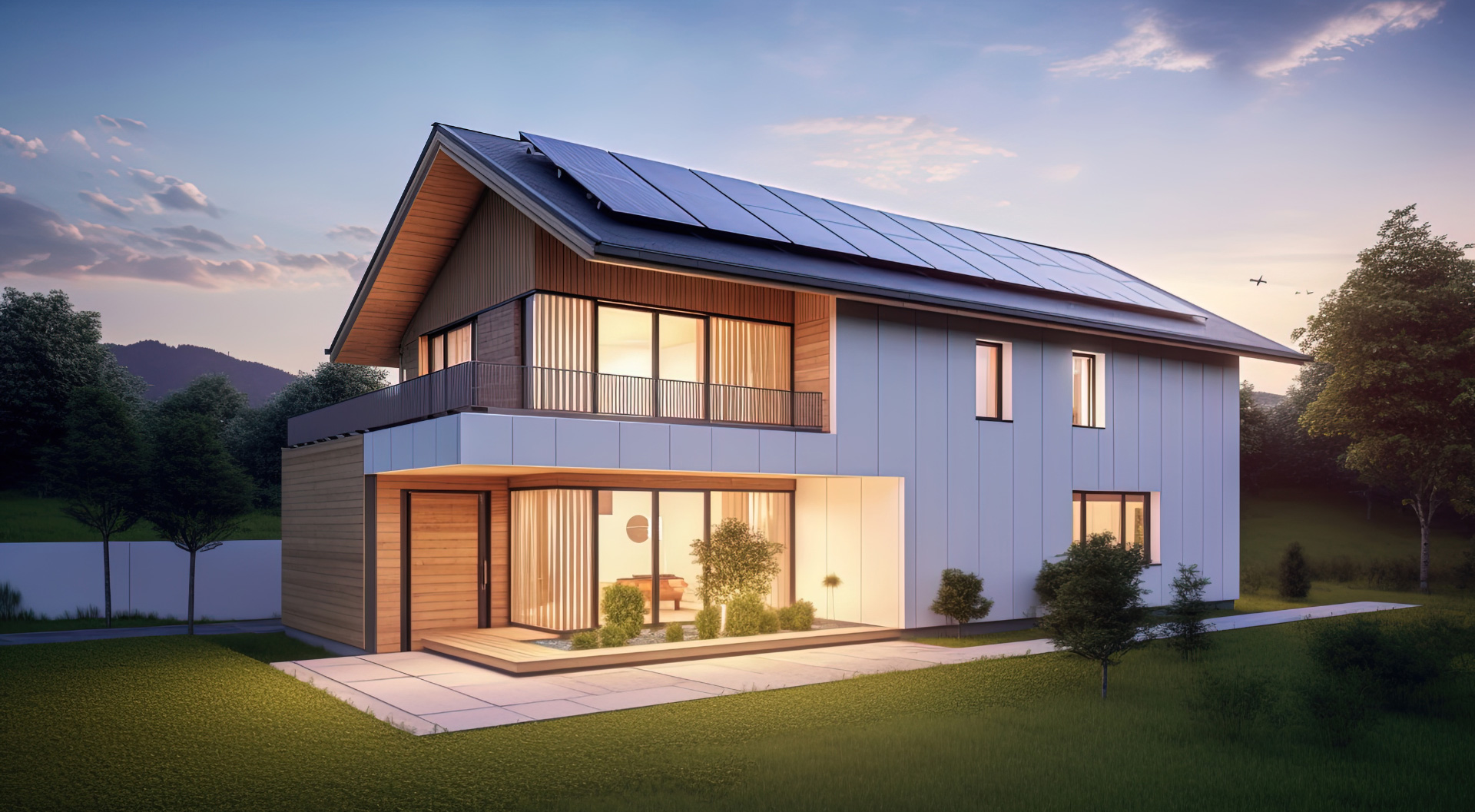Solar panels generate clean, environmentally friendly energy, which can help you lower your utility bills. But just how efficient are solar panels at generating electricity? Read on to learn factors that impact their effectiveness and discover ways to improve the efficiency of yours.
What Is Solar Panel Efficiency?
Solar panel efficiency refers to how well the panel’s photovoltaic (PV) cells convert the sun’s energy into usable power. Highly efficient solar panels generate more energy from the light hitting each of their PV cells. Such panels can meet your energy needs without occupying too much space.
Modern solar panels exhibit higher efficiency compared to their traditional counterparts. While earlier versions typically offered an average efficiency of up to 15%, the current types boast an average efficiency of around 20%. The most advanced panels can even convert as much as 23% of the sunlight they receive into usable energy.
Factors That Impact Solar Panel Efficiency
PV cells are primarily made using silicon crystals. However, they could also be made from other elements with photovoltaic properties, such as germanium and selenium. The most efficient panels contain an element or combination of elements with superb efficiency. However, several other factors also affect solar panel efficiency, such as:
Sun Intensity
As the sun’s intensity changes throughout the day, so does the efficiency of solar panels. During the afternoon hours, when sunshine is at its peak, PV cells can receive more and generate plenty of solar energy.
Heat Build-up
Regions with warmer climates usually face the challenge of heat build-up within solar panels. Such higher temperatures often impede the proper operation of solar panels since they affect the conductivity of the semiconductors in the PV cells. This leads to a reduction in the power output.
Amount of Cloud Coverage
While solar panels still work on cloudy, rainy, or overcast days, their efficiency is quite low. Compared to when the skies are bright, the solar energy generation potential on cloudy days is reduced by about 10-25%. This is because heavy clouds block most of the sun’s light from reaching solar panels.
Can Solar Panels Lose Efficiency Over Time?
The efficiency of solar panels goes down as time passes. Most of the types available in the market today have an average lifespan of 25–30 years. They degrade at a median rate of about 0.5% per year, as estimated by the National Renewable Energy Laboratory (NREL). However, this rate could be higher in hotter areas.
It’s always a great practice to buy panels with quality materials and a gold-standard 25-year warranty. This way, you can get those with great efficiency and enhanced durability. Routine performance checks, as well as periodic cleaning and maintenance, ensure that your solar panels last longer.
Let the Solar Experts Help You Pick the Most Efficient Solar Panels
A solar installation is a huge investment that’s best with nothing left to chance. The solar experts at Solar Optimum can help you choose the most efficient panels, depending on your energy needs and location. We also offer expert installation of solar assets in California, Nevada, Arizona, and Florida. Download our Solar Panel Buyer’s Guide or contact us today to find efficient solar panels for your home.
